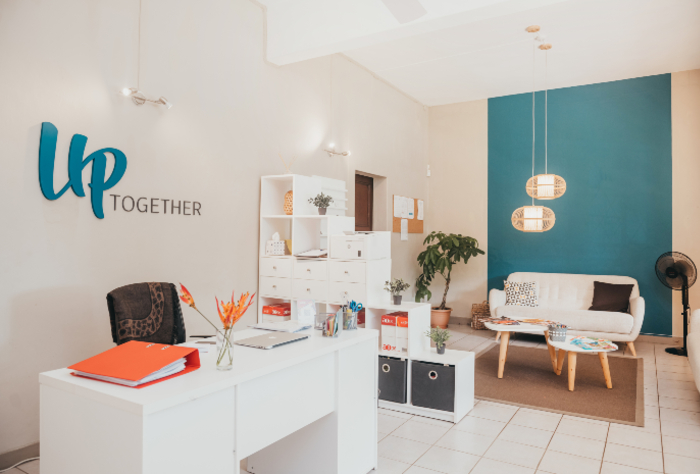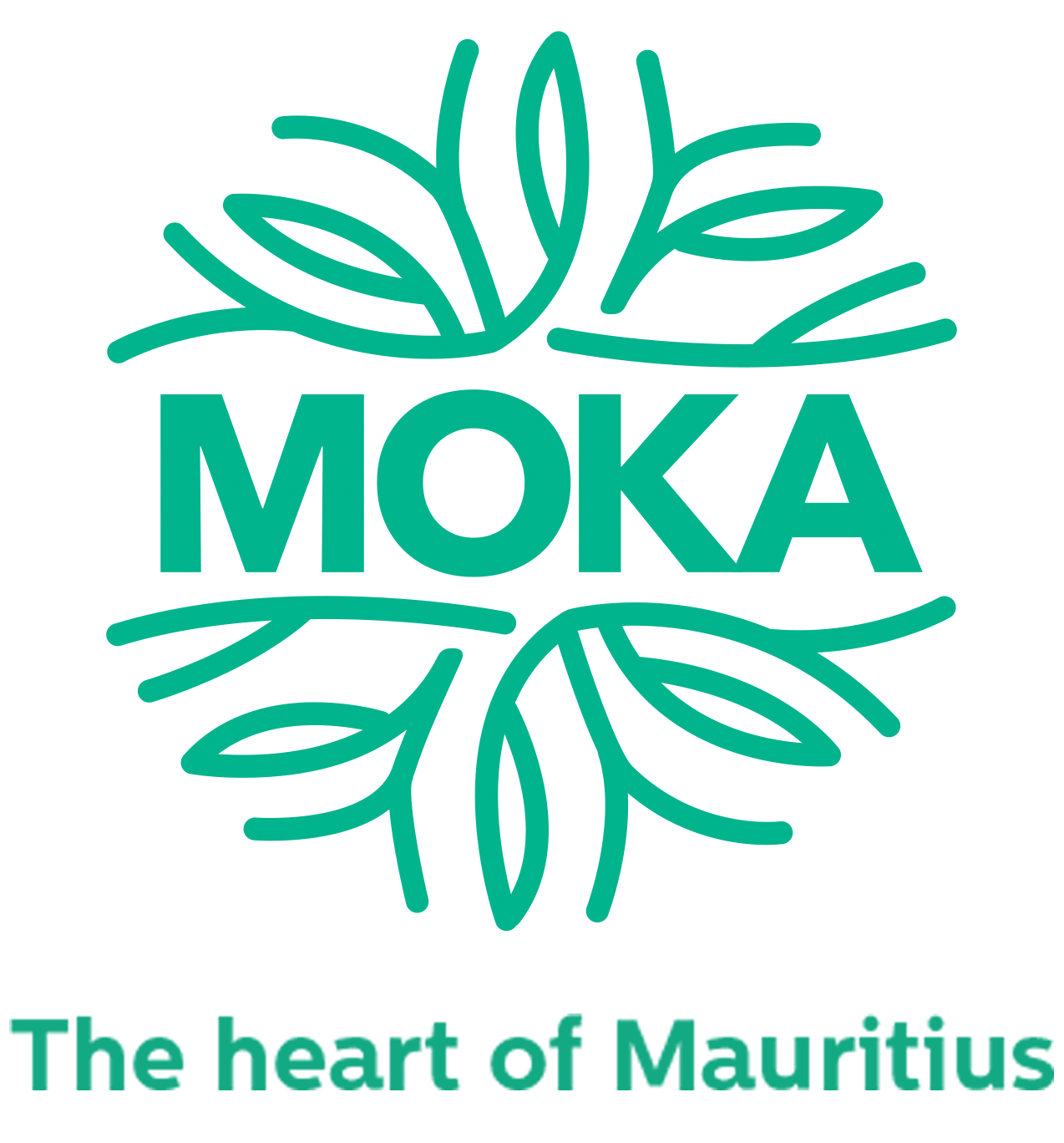Your therapist then meets with the rest of the team, and together, they agree on the most appropriate form of support. Should you wish to accept the recommendations made, a support programme is set up with one or several therapists, depending on the need. It usually involves frequent follow-ups and evaluation sessions to draw a comprehensive assessment report. Elise specifies that “the assessment report isn’t mandatory: we would rather focus on the patient’s current needs.” When it involves a child, the therapist is also willing to visit his or her school for an in-situ observation.
Last but not least, Up Together also occasionally organises support groups, open to all. A first support group gathered to discuss highly gifted children—or even premature children—and the centre collaborated with an art-therapist to offer support to children and teenagers through an art-as-therapy approach.
Follow the Facebook page of Up Together for more information.
Up Together
House No 1, MDA Round About
Saint-Pierre
T : (+230) 434 1313
—
*Up Together respects your choices : When filling in your patient card, you may choose to not authorise your referring therapist to discuss your case (or your child’s case) with the rest of the team. However, should you consent to it, please be aware that the team is committed to protecting your confidentiality and that only the relevant points—those that demand the attention of several therapists—are brought up during meetings.

